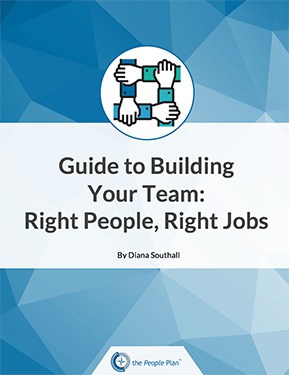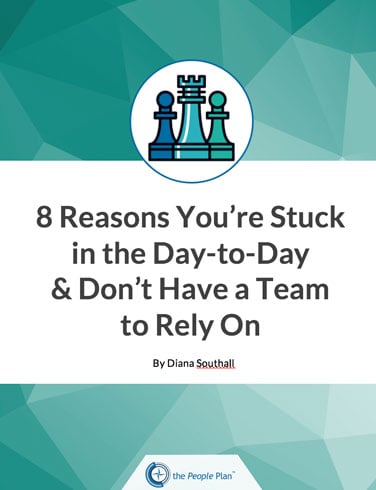I have the spent the past few weeks having conversations with senior managers in a variety of small and mid-sized organizations, ranging in size from one with 7 employees to one with over 700.
These conversations focus on how we can work together to assist their people to help these organizations achieve 2013 goals, but often the conversation turns to how to develop the staff they have.
These managers like their staff and want to see them grow and contribute more, as well as be more connected to the organization and more fulfilled in their work. They want to retain these team members and to provide meaningful rewards.
Many managers and organizations seem to be challenged by the prospect of how to develop employees, such identifying what skills are needed and how to accomplish this when there is “no time for training.”
A recent book (Help Them Grow or Watch Them Go, Beverly Kaye and Julie Winkle Giulioni) may provide some answers, and challenges some of the myths that prevent smaller employers from focusing development efforts on their team (if they grow they will leave us, the employee is responsible for her own career, it’s about the money, development plans are for the Fortune 500 or just senior managers).
According to Kaye and Giulioni, “Career development is as important as it’s ever been (maybe more). In today’s business environment, talent is the major differentiator. And developing that talent is one of the most significant drivers of employee engagement, which in turn is the key to the business outcomes you seek: revenue, profitability, innovation, productivity, customer loyalty, quality, and cycle time reduction.”
One insight is that employee development can be accomplished with informal, brief, focused “10-minute conversations” that uncover an employee’s aspirations and goals and matches to learning opportunities.
-Diana Southall
Image courtesy of ddpavumba at FreeDigitalPhotos.net




